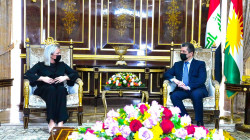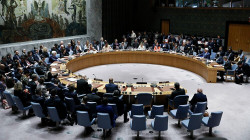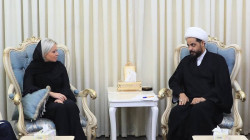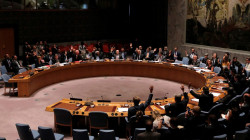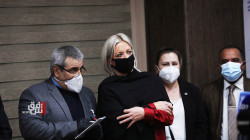Plasscchaert: political impasse is hampering reform
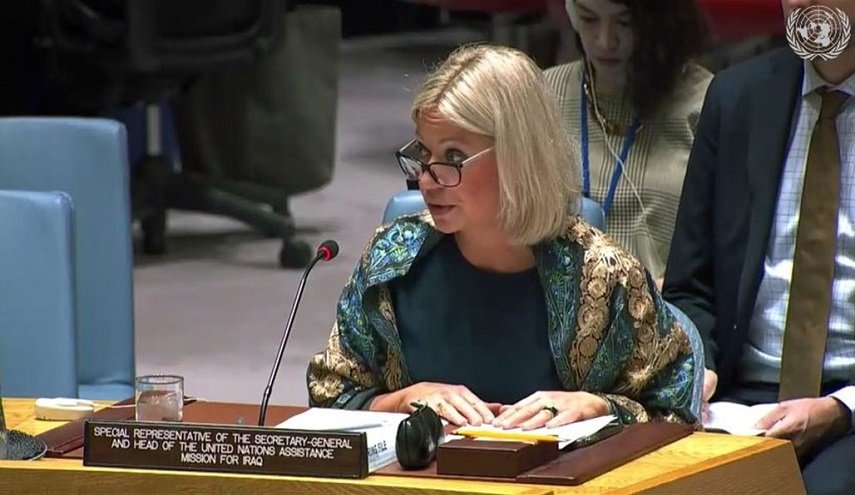
Shafaq News/ The Special Representative of the United Nations Secretary-General in Iraq (UN SRSG) and the head of the UN Assistance Mission for Iraq (UNAMI), Jeanine Hennis-Plasschaert, said that political deadlock in Iraq is impeding the reform the country is in dire need for.
The statements of UNAMI chief came during a briefing before the Security Council at the UN headquarters in New York on the situation in Iraq and the work of UNAMI in the country.
"Many Iraqis increasingly wonder whether the national interest is actually ‘front and centre’ in ongoing negotiations - rather than access to resources and power, or how the pie of political appointments and ministries will be carved this time around?"
"Priority should be to urgently agree on a programme of action that – immediately and meaningfully – tackles Iraq’s long list of outstanding domestic business. It is high time to return the spotlight where it deserves to be: on the people of Iraq."
On the impact of political impasse in government formation, Plasscchaert said, "it is hampering the change and reforms the country so desperately needs."
On the ties Baghdad-Erbil ties, she said, "the importance of ‘institutionalized dialogue’ has only increased. Letting things slide is risky business, with potentially far-reaching consequences undermining Iraq's stability in the short and long run."
"I call on all stakeholders to focus on what really matters, to unite instead of competing. Efforts should centre on resolving outstanding issues. Not by way of a power grab, but in a spirit of partnership and cooperation," she added.
"Iraq is running out of time. As an Iraqi official put it some time ago: even if we had started implementing most urgent reforms the day before yesterday, it will take supra human efforts to sufficiently address today’s financial, economic and environmental challenges," the SRSG said, "environmental challenges a looming threat that is far too often considered less urgent, but is ultimately one of the greatest global challenges we collectively face."
"Iraq is acutely vulnerable to water scarcity due to climate change, reduced river inflows. A threat multiplier with heightened risks of poverty, displacement, instability, conflict. Shared ownership of this crucial file across the political spectrum will prove essential."
Plasscchaert described the camps in northeast Syria as "ticking time bombs with implications for the region and far beyond."
"Keeping people indefinitely in the restricted and poor conditions of these camps ultimately creates greater protection and security risks than taking them back in a controlled manner," she continued, "we should not wait for young children to come of age in a camp like al-Hol. These children, living in dire circumstances, never asked to be part of this mess. They find themselves deprived of their rights, at risk of forced recruitment and exposure to violent extremism."
"The fact that some fighters and associated family members have been able to make their way out, suggests it would be better to control situation and manage returns, rather than take chance of missing them as they slip back -undetected- into any country."
The head of UNAMI touched upon the issue of missing Kuwaiti, 3rd-country nationals, missing Kuwaiti property, including the national archives. "it is imperative for Iraqi government to take advantage of the experience gained so far and thus move towards the overall conclusion of this important humanitarian file."
